This story was produced as part of a larger project led by Gary Walker, a participant in the USC Center for Health Journalism's California Fellowship....
Domestic Violence
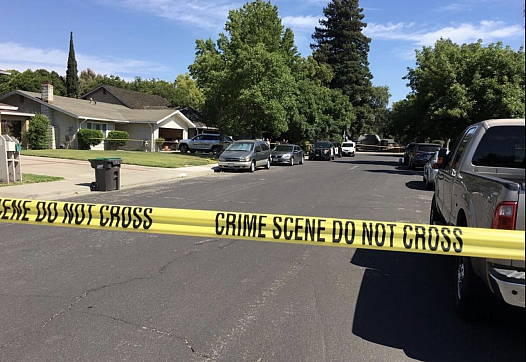
More than half of female homicides in the U.S. are linked to intimate partner violence. And one out of 10 victims experienced some form of violence in the month before their death, which suggests there were opportunities for intervention.
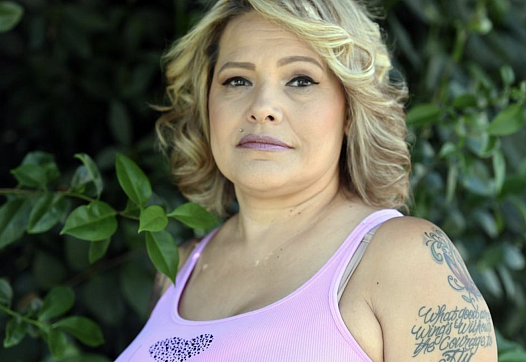
He had called her stupid and dumb. And she made herself believe the belittling and degrading were tolerable — it would pass. Little did she know it would get worse.
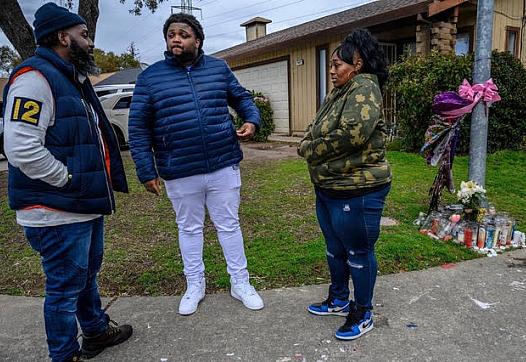
At first the story of Dajha Richards' death was poised to be another daily about a fatal shooting. But as reporter Molly Sullivan combed through her social media accounts, she found a much deeper story of love and abuse.
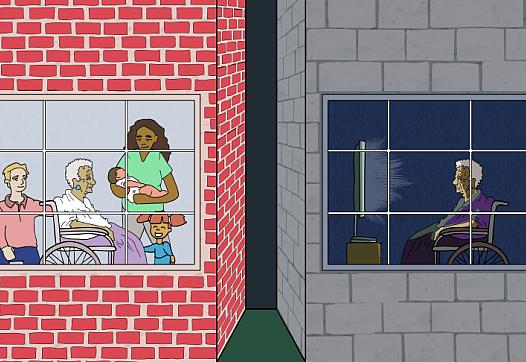
There are a number of strategies for making sure older people don't fall victim to financial, emotional or physical abuse. One of those strategies might surprise you: Making sure an older person has an active social life.
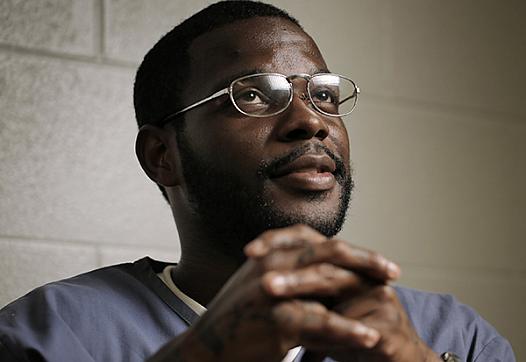
A journalist decided to write letters to 103 young people serving sentences in Florida prisons for murders. Could their stories shed light on what made Duval County Florida's "murder capital"?
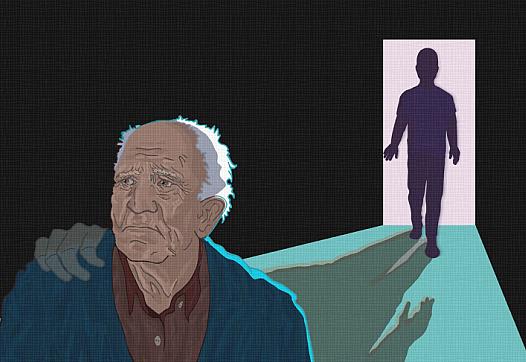
Taking financial, emotional and physical abuse together, allegations of mistreatment have more than doubled in L.A. and Riverside counties since 2005. In Orange and Ventura counties, that number has nearly tripled over the same time period.
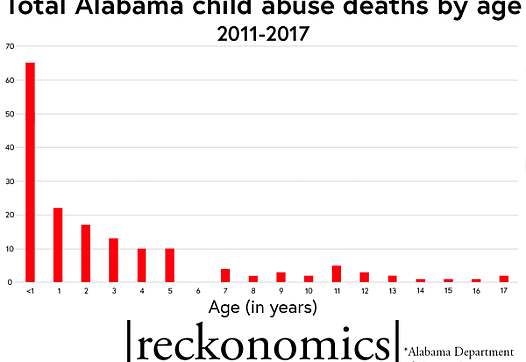
While child abuse and neglect take different forms, more than half of Alabama’s child abuse and neglect victims – 52 percent – experience physical abuse.
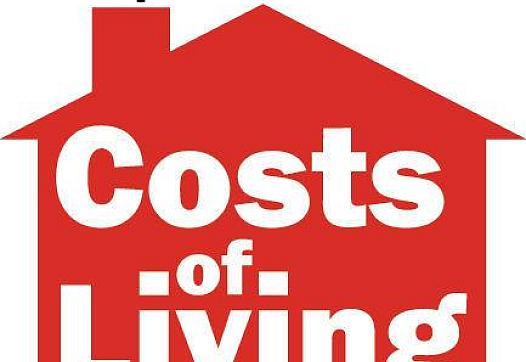
When people talk about our county, they often talk about vineyards, fine dining and upscale hotels. But that's not the reality for many of us who call the Napa Valley home.

Ashley wanted the abuse to stop. But Butch, her adoptive father, was always around.
